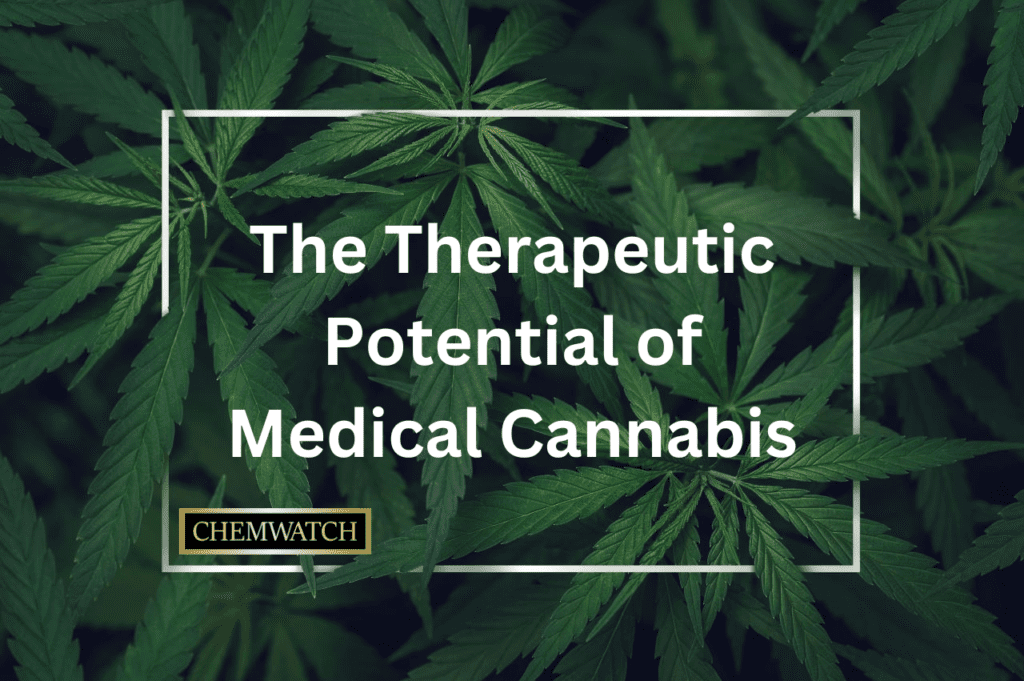
Medical cannabis refers to the use of cannabis or its cannabinoids for medicinal purposes. Cannabidiol (CBD) is one of the most well-known cannabinoids, and it has garnered significant interest due to its potential health benefits. For instance, as reported by The Guardian, CBD products can be used for a wide range of conditions, from epilepsy to chronic pain management.
Believed to be native to India, the Cannabis Sativa plant is the source of the drug we know as cannabis or marijuana. The plant is also known as hemp but typically only goes by this name when referring to cannabis intended for non-drug use.

Scientific studies, such as research published in the National Center for Biotechnology Information (NCBI), have shed light on the therapeutic properties of medical cannabis. The endocannabinoid system, present in our bodies, plays a vital role in regulating various physiological processes, including pain sensation, mood, and immune response. The interaction between cannabinoids and this system is believed to contribute to the potential health benefits of medical cannabis.
Medical cannabis shows promise in treating several conditions, including epilepsy, chronic pain, multiple sclerosis, and nausea related to chemotherapy. There are a number of registered pharmacies in Australia that provide medicinal cannabis medication to patients with prescriptions from their doctors. However, the pharmacy is required to undergo legal procedures before dispensing medical cannabis to patients. For instance, valid documentation must be provided at the pharmacy, the pharmacist must hold a consultation, educate the patient on how to use medical cannabis, and package the medication according to regulatory guidelines.
However, it is vital to note that the efficacy of medical cannabis may vary depending on individual factors, and further research is still needed to establish conclusive evidence for its use in specific medical conditions.
The use of medical cannabis is subject to regulations and guidelines in various countries. In Australia, for example, the Therapeutic Goods Administration (TGA) provides guidance on the use of medicinal cannabis, as outlined in their patient information resource.
Similarly, in Europe, each country has its own regulatory authorities responsible for overseeing medical cannabis programs. For example, the Medicines and Healthcare Products Regulatory Agency (MHRA) in the UK plays a crucial role in regulating medical cannabis products. Understanding the legal and regulatory landscape is crucial for patients, healthcare professionals, and the chemical industry to ensure safe and responsible access to medical cannabis.
Despite the growing body of evidence supporting the therapeutic potential of medical cannabis, challenges remain. Standardisation of product quality, dosage determination, and long-term effects are areas that require further exploration. Ongoing research aims to address these challenges, providing a deeper understanding of the benefits and potential risks associated with medical cannabis.
As with any medicinal intervention, it is essential to consider the potential risks and benefits of medical cannabis. Adverse effects, such as drowsiness, changes in appetite, or interactions with other medications, need to be taken into account. It’s crucial to consult with healthcare professionals to ensure the appropriate and safe use of medical cannabis, considering individual circumstances and medical history.
Medical cannabis has captivated the world with its potential therapeutic properties. While ongoing research and regulatory frameworks continue to shape its landscape, it’s important to approach medical cannabis with a balanced perspective, focusing on scientific evidence, patient needs, and responsible use. The chemical industry plays a vital role in supporting advancements, standardisation, and innovation in this evolving field.
Many chemicals are not safe to be inhaled, consumed, or applied to skin. To avoid accidental consumption, mishandling and misidentification, chemicals should be accurately labelled, tracked, and stored. For assistance with this, and chemical and hazardous material handling, SDS, labels, Risk Assessment, and heat mapping, contact us today!
Sources: